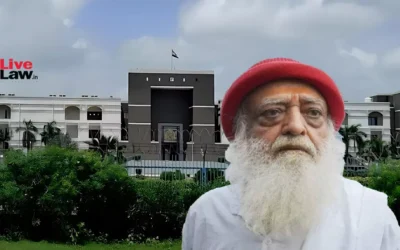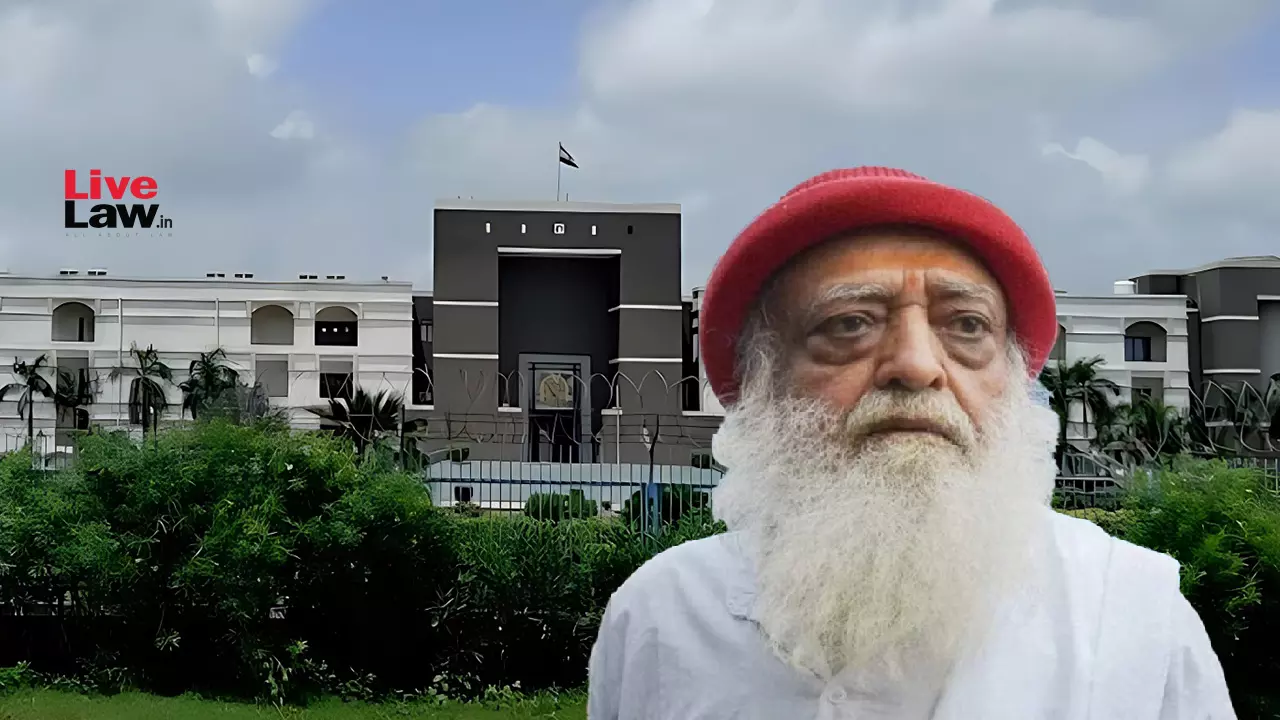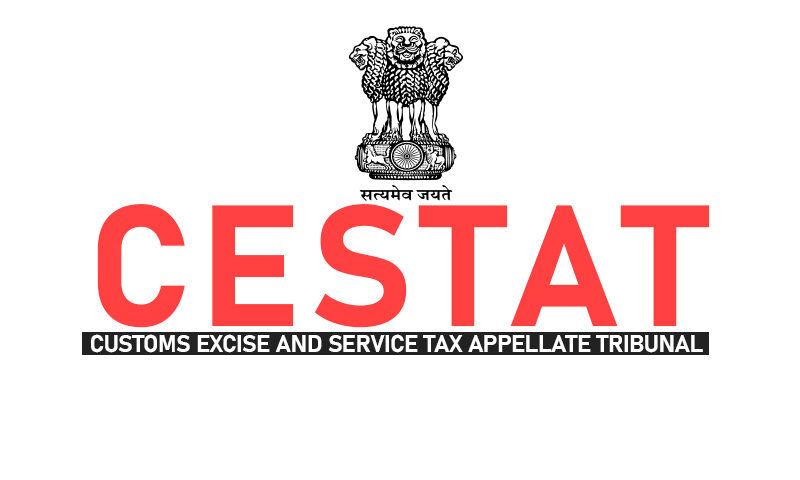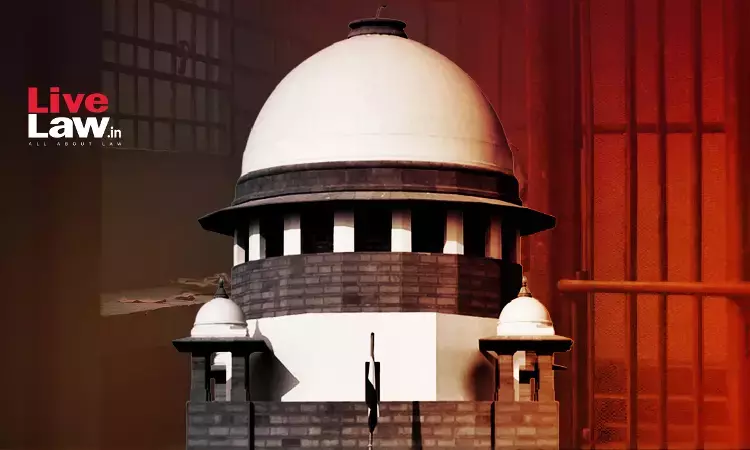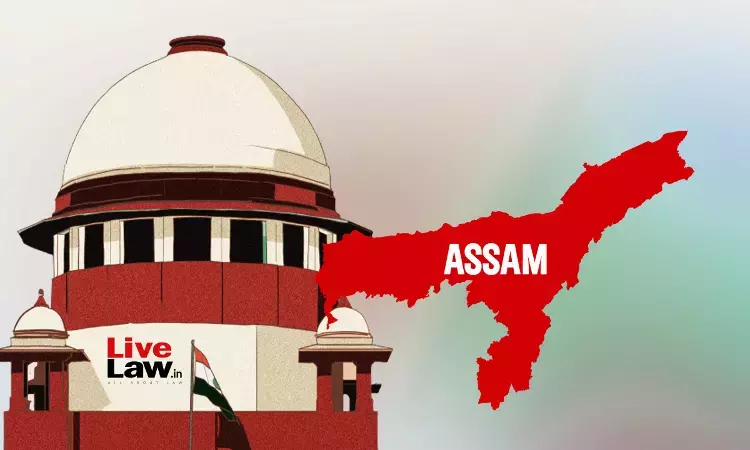When Compliance Comes At A Cost


On May 26th 2025, in a significant development which is poised to reshape India’s capital markets landscape, the NSE (National Stock Exchange Ltd.) has proposed a settlement offer of ₹1000 crore to the Securities and Exchange Board of India (SEBI). This move aims to resolve long standing disputes in particular the co-location case and potentially paves the way for NSE’s long delayed Initial Public Offering (IPO).
Background: The Co-Location Controversy
The Co-Location case which suffered in 2015, had involved allegations that a group of certain high-frequency traders (HFTs) received preferential access to NSE’s trading systems through co-location servers and abused the server architecture (tick by tick) a tick is a fundamental unit of data dissemination in the ‘Tick-By-Tick’ (TBT) mechanism. This allowed them to gain an edge over the other traders and enabled them to execute trades milliseconds faster than other traders which raised concerns over unequal access and market manipulation, in 2019 the Securities and Exchange Board of India (SEBI) penalized NSE, finding that the NSE had failed to exercise a due diligence in management of its trading infrastructure.
Important findings included that NSE had provided unfair access to selected brokers such as OPG Securities in violation of SEBI (Prohibition of Fraudulent and Unfair Trade Practices) PFUTP Regulations, 2003 Regulation 4(1) and as a result SEBI imposed a penalty of ₹5.2 crore on OPG Securities and its practices an addition to that was also a ₹10 Lakh fine imposed on both OPG Securities and Sanjay Gupta for obstructing the investigation and non-compliance with the SEBI’s Code of Conduct.
In this controversy 3 people – Sanjay Gupta one of the directors of OPG securities, Chitra Ramkrishna the former Chief Executive Officer of the NSE, Ravi Narain the former MD of NSE were arrested and on 30th April 2019 the Securities and Exchange Board of India orders of the Co-Location Case were passed against the conspirators and the WTM order (Whole Time Member) directed the National Stock Exchange to pay ₹624.89 crore as a penalty with an interest rate of 12% per annum towards the Investor Protection and Education Fund created by SEBI however the Securities Appellate Tribunal (SAT) Judgement partially overturned the order and ordered the NSE to pay ₹100 crore towards the Investor Protection and Education Fund as the SAT discovered that the SEBI’s order for a disgorgement of ₹625 crore was unwarranted, the former CEO (Chitra Ramkrishna) and former MD (Ravi Narain) of NSE had to disgorge 25% of their salaries and were prohibited from having any association with any company listed on the stock market, Market Infrastructure Institution or any other Market Intermediary for a period of 5 years however this order was quashed by the SAT (Securities Appellate Tribunal), as for OPG which made an unfair gain of over ₹15.57 crore had to disgorge it with an interest of 12 % per annum however this order was revised and as per the Enforcement orders of the Securities Appellate Tribunal (SAT) a total penalty of ₹5.2 crore and an additional ₹10 lakh each on OPG securities and Sanjay Gupta for non-compliance and with SEBI’s code of conduct and hampering investigation respectively was imposed and Sanjay Gupta was prohibited for trading in securities for 6 months and the firm was also prohibited from accepting new clients and entering in the market for 5 years.
The Proposed Settlement: Legal and Strategic Dimensions
The NSE’s recent offer of ₹1000 crore is seeking to settle these regulatory disputes, notably it invokes SEBI’s consent mechanism under the SEBI ( Settlement Proceedings ) Regulations 2018, which gives an opportunity to parties to settle enforcement proceedings without denying or admitting guilt, this mechanism was given a nod in the Shri G. Ram Mohan Reddy vs SEBI (2020) case where the SAT ( Securities Appellate Tribunal ) held that consent settlements should balance regulatory efficiency with deterrence. NSE’s settlement must therefore showcase that it serves the broader interest of Market Integrity.
From a strategic standpoint this move is appearing to be aimed at obtaining SEBI’s no-objection certificate (NOC) which is a pre-requisite for the launch of NSE’s IPO which has been in abeyance since 2016.
Analysis of the issue: conflict of interest, governance and the integrity of the market
At the center of this NSE-SEBI tussle there lies a fundamental question: Can a market infrastructure institution recover from a regulatory scandal without disclosing its role fully?
The proposed settlement by NSE while being legally valid proposed crucial and vital concerns:
· Regulatory capture risk: Is SEBI too lenient with institutions that hold a systemic importance?
· Transparency Deficit: Will the investors in including and especially the retail ones have a full access to the information about past lapses?
While SEBI may accept the proposal in the interest of market stability, this could create a perception about large entities that “they can pay their way out of misconduct”
Implications for investors
Most retail investors depend on the presumption of the integrity of the market, any kind of perception that there is biasness in the exchanges or that the high frequency traders can game the system can lead to a reduced trust in the equity markets, a decrease in the participation of the retail investors, volatility in trading volumes post IPO. The co-location case has already put a dent in the confidence of the public and the opacity of the settlement can reinforce a feeling of cynicism among smaller investors who are already tired and weary of the institutional dominance.
For the Institutional investors such governance lapses in market infrastructure institutions can take the form of a compliance or reputation risk, but the resolution of a regulatory hang can also have positive implications:
· It enables to have a somewhat accurate valuation of NSE pre-IPO.
· Institutional investors like LIC or independent wealth funds may now once again re engage in discussions regarding IPO.
· Foreign Institutional Investors (FIIs) can now look the regulatory clarity as a green flag for investing in the IPO from a long-term investment point of view.
Conclusion: A Settlement or a Setback?
The NSE’s ₹1000 crore settlement proposal to the SEBI to settle its long-standing dispute marks a turning point in the trajectory of India’s Capital Markets, while it may give a boost to the IPO process it also addresses and opens up new questions about Corporate Governance, investor protection and transparency.
The decision of SEBI with this settlement offer will not only be about giving permission to the long-delayed IPO it will also be a decision which will reflect the philosophy of the regulator, and the decision will answer the long-standing question whether to favor expediency and settlement or to champion public adjudication and deterrence.
If the SEBI demands accompanying reforms – audit trails, independent oversight and enhanced and timely disclosures then this entire issue will be able to become a case study in regulatory resilience, otherwise it has a risk of only being remembered as a cautionary tale of miscarriage of justice.
Views are personal.

